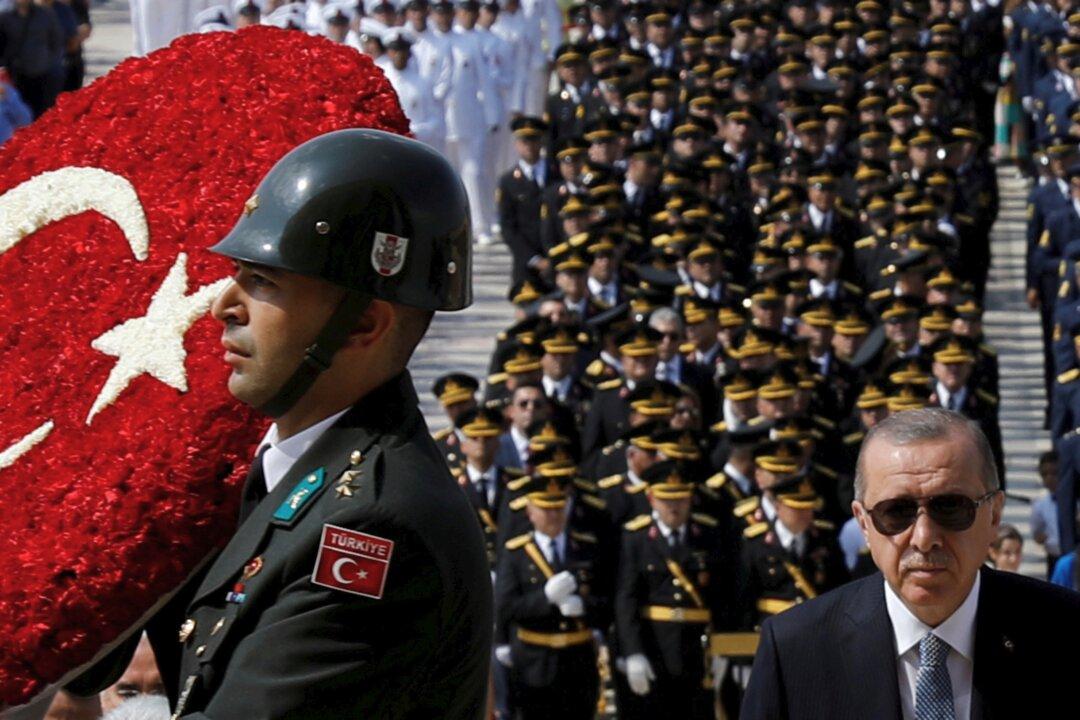News Analysis
ISTANBUL—After 15 years in power as prime minister and president, Recep Tayyip Erdogan faced down a weak opposition in June elections that swept away any checks and balances to the unchallenged rule he wanted.

ISTANBUL—After 15 years in power as prime minister and president, Recep Tayyip Erdogan faced down a weak opposition in June elections that swept away any checks and balances to the unchallenged rule he wanted.